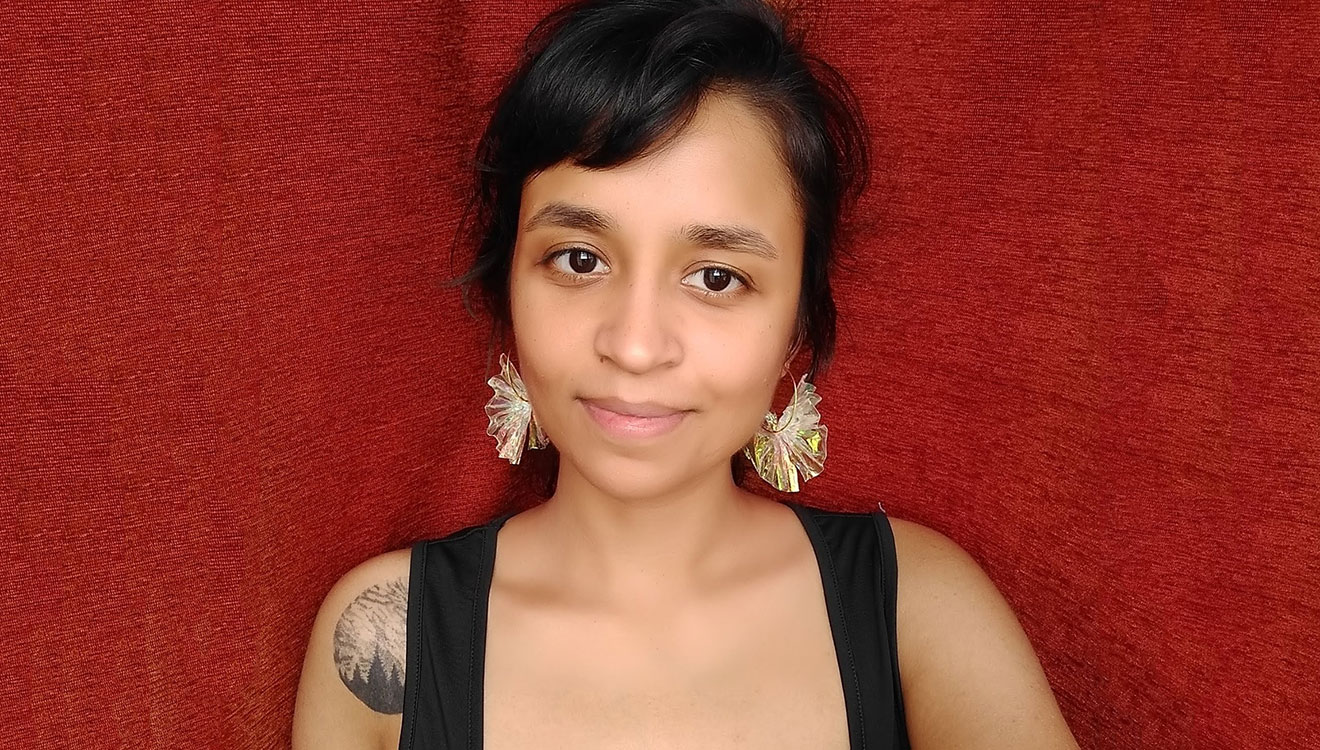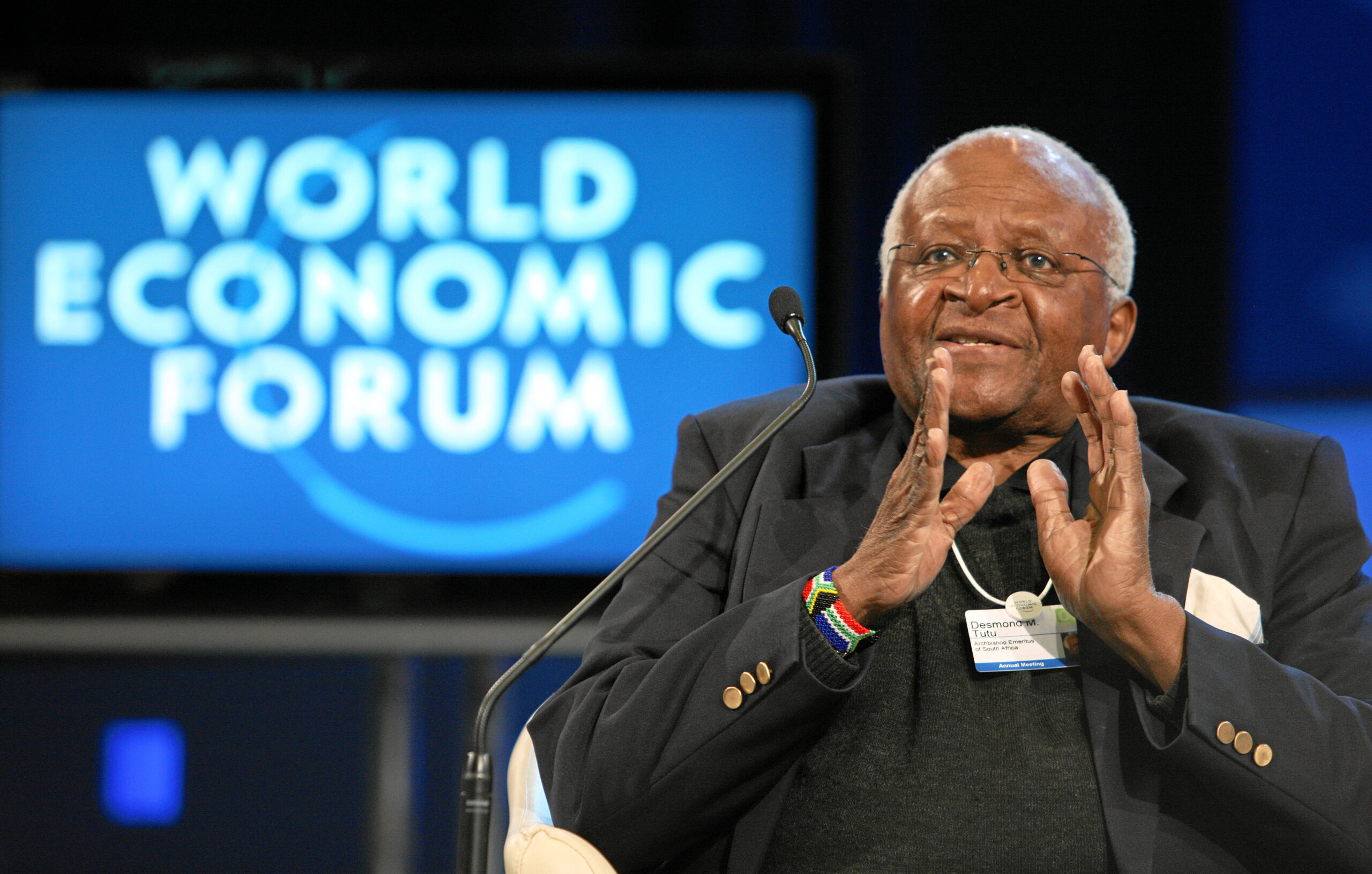Three members of the Korean boy band BTS Suga, Jin, and their leader RM, according to a Guardian report.
While RM and Jin were diagnosed on Saturday, Suga tested positive for the virus on Friday. They had all taken two doses of vaccine as well.
According to the Big Hit Music agency, while RM exhibited no particular symptoms and had tested negative after returning to Korea, he tested positive just before his scheduled release from the mandatory quarantine facility. Jin showed mild symptoms including light fever and is undergoing self-treatment at home. He took the PCR test twice, upon arrival and later before his release from quarantine, but had tested negative. It was only after he displayed flu-like symptoms that he got tested a third time.
The agency said on Friday that Suga, who tested positive while in quarantine, did not have symptoms and was administering self-care at home in accordance with the guidelines of the health authorities.
The other members include, J-Hope, Jungkook, V and Jimin. There is no health update on them, so far.
Recently, BTS won the Artist of the Year award at the American Music Awards that was held in November and became the first Asian group to achieve the feat. The K-pop group dominated the award show with the most number of wins.
Post the event, the band also called the Bangtan Boys, toured the US for a series of concerts in Los Angeles. BTS Permission to Dance on Stage was held at LA’s SoFi Stadium, on November 27, 28, and December 1 and 2.
The Korean group gained global recognition after their debut in 2013, and catapulted K-pop to a global fanbase.
Recommended
Its contribution to the Korean entertainment sector goes to an extent that in December 2020, the South Korean parliament passed a revision to the military service law which allows K-pop artists, including BTS, to postpone their military services until the age of 30.
As of December 2021, the South Korean National Assembly was said to be in a fix regarding deferring the members’ service altogether or allowing them to be part of an alternative program for 34 months while working in their field without undergoing the regular 18 to 22 months of mandatory military service.


